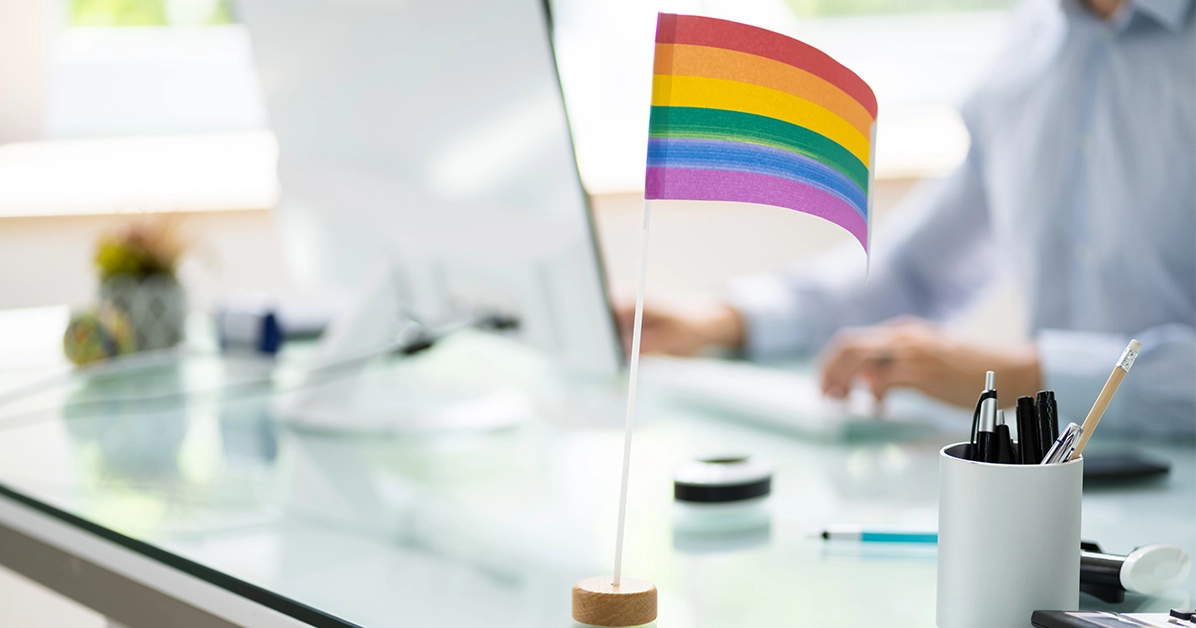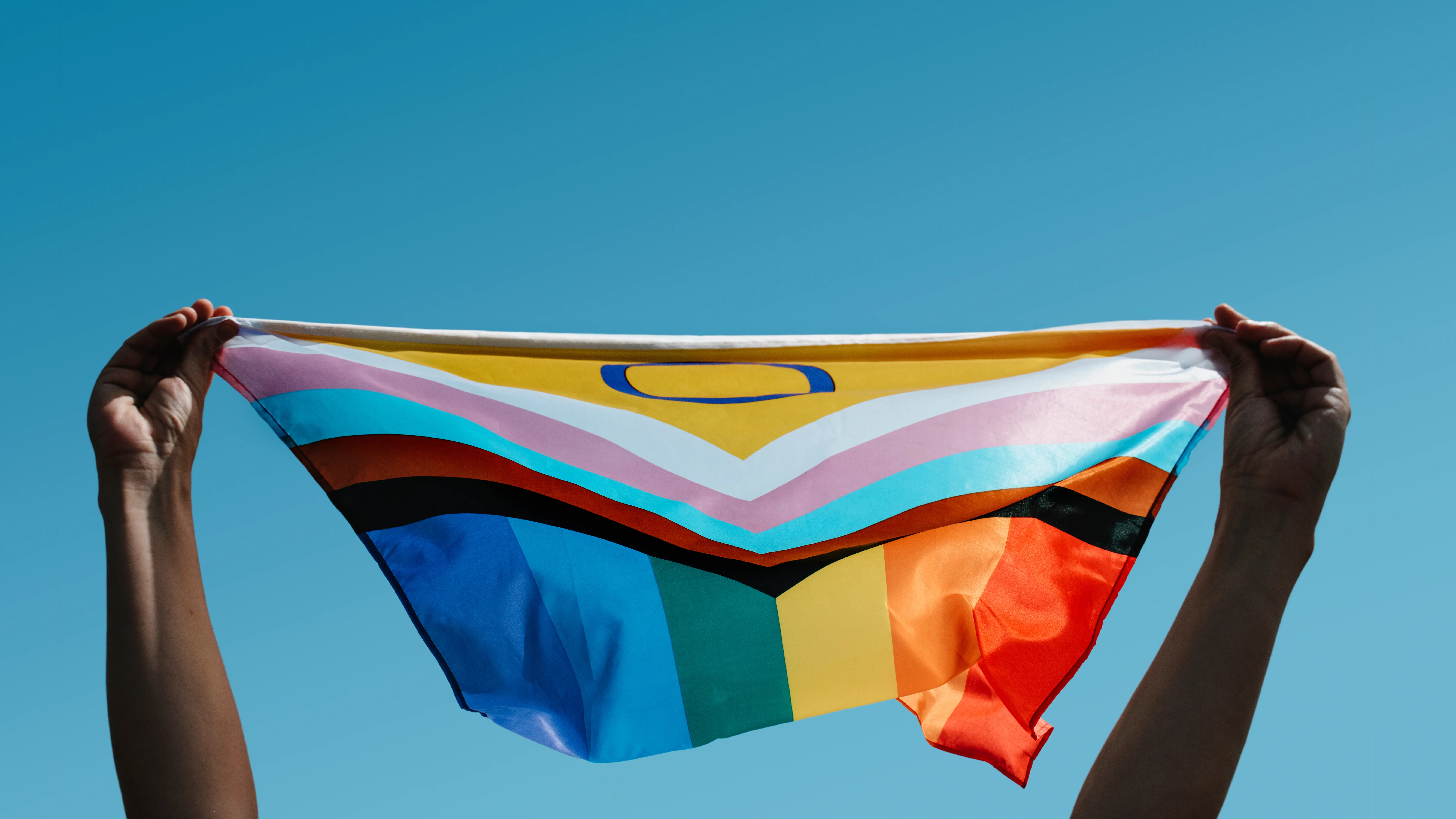As we are sandwiched between the Sydney Gay & Lesbian Mardi Gras (16th February – 3rd March) and ChillOut Festival (Australia's premier regional LGBTQIA+ pride event, held annually in Daylesford, Victoria on 7th – 11th March), it feels fitting to invite brands to level up their allyship.
Whilst intentions might be heartfelt, the impact of the corporate glitter being sprinkled in the wrong places can leave an unhelpful mess.
Below, I share some questions corporate leaders and brand leads should ask themselves as they shake off their branded rainbow costumes in the name of allyship.
1. Are our activations popping up in regional and remote areas when the TV screens aren't rolling?
From Busselton Pride to Broken Heel Festival, check your options. Whilst I appreciate there needs to be alignment with the areas in which you operate, there are usually local festivals on the fringes of the CBD in addition to rural options. If you only measure and care about metrics like brand recall (or number of eyeballs on the brand) without considering metrics around LGBTQIA+ community trust or advocacy, you may be in rainbow-washing territory.
2. Have we invested in a systemic review to identify and remediate gaps in policy, systems and practice across experiences by LGBTQIA+ employees and customers?
Do your job application forms ask candidates for their gender and only provide the options of male and female? If I check into your hotel, will I be asked if my husband needs a key when I'm standing next to my wife? If I bank with you, will you use my pronouns correctly?
Doing the work to make sure you aren't just here for the party, but the planning and clean-up is an important part of allyship too.
3. Are our allyship efforts unintentionally compromising the work of charities and community groups?
I'm not suggesting this is at all intended. But please consider that your budgets are often much larger than the community stalls around you. When you give out free t-shirts, water bottles and rainbow goodies, you are devaluing the merchandise that other groups are selling as a core fundraising stream. If you get a pride bottle for free, why pay $10 for one at the grassroots stall next door?
4. Are our LGBTQIA+ employees and allies involved in the design and execution of activations?
If you have a pride network, engage their voices early. Don't simply expect them to be your stall volunteers. Albeit it is often fun, it's still work. This is especially true if you haven't asked for their input on your concept and activation.
5. Are we supporting and investing in our employee pride networks?
As the rainbow flags go into the storage cupboard until the next event, consider how much support you are truly giving your committees and networks. Not everyone wants to march in a parade and not everyone gets to attend. Does your network have a coach to support their progress? These groups do vital work and often feel under-supported and underinvested in and that needs to change.
6. Are we actively supporting grassroots LGBTQIA+ charities with pro-bono support, fundraising and grants?
There are many ways to spend your budgets in support of allyship via partnerships, sponsorships and offering skilled volunteers for grassroots projects. Employees often want to create meaningful change. Who knows, drafting an annual report for a volunteer-led organisation might spark as much joy as Mardi Gras for someone!
7. Are we silent or vocal on matters facing the LGBTQIA+ community?
If you are passive, you are silent.
Discuss these topics in your boardrooms and exec meetings. Take a stand, share your voice and support us when we need you most.
For our corporate friends, it's simply a matter of boundaries. Of course, it's OK to march with us at Mardi Gras. But it's not OK to turn your back when we need your power and influence on things like the religious discrimination bill.
Latest.

How To Give Your Creative Career More Stability In Times Of Change
Industry Trends, Job Seeker

The Key to Being Job-Ready is Being Resume-Ready
Job Seeker

Are Companies Taking Advantage Of Job Seekers In A Competitive Market?
Job Seeker, Industry Trends, Hiring Insights







